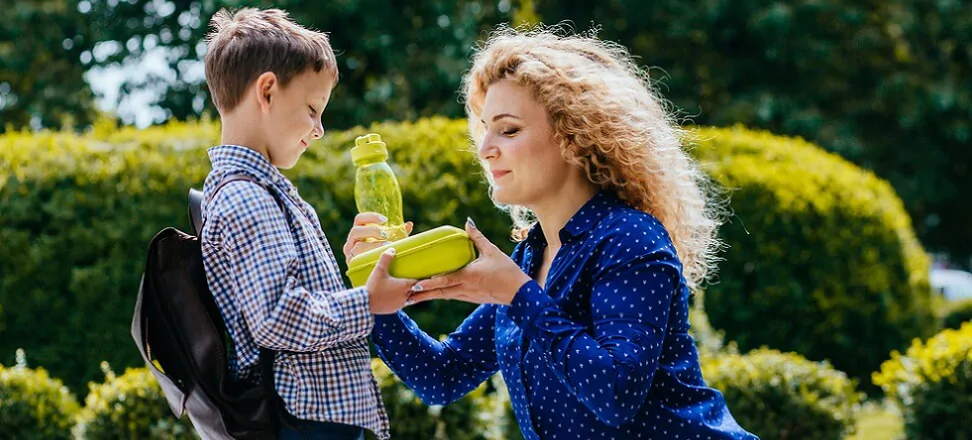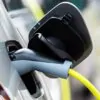Issue 15/2024, News
Back to school: ensure your child stays hydrated!
As September rolls around, children return to their school desks, and parents start to focus on preparing healthy snacks for their kids. However, it’s not just about providing nutritious snacks; ensuring proper hydration is equally important, although often overlooked. So, what drinks are most suitable for keeping children well-hydrated throughout the school day?
Tap water – always healthy?
According to the report on drinking water quality in Poland for the years 2020-2022, published by the Chief Sanitary Inspectorate, over 99% of the country’s water supply systems deliver water of acceptable quality. Any breaches of the accepted parameters were observed only in isolated cases and involved turbidity, manganese, iron, and ammonium ion content – none of which posed a health threat.
Does this mean that we can ensure proper hydration by drinking tap water? Unfortunately, the answer is not always affirmative. Due to the various sources of water supplied to schools through pipelines and the varying condition of water supply installations, local or occasional risks cannot be ruled out. For example, in February, in Wielistowo, in the Pomeranian commune of Łęczyce, the State Poviat Sanitary Inspector issued a decision deeming water from the public water supply unfit for consumption after detecting the presence of E. coli bacteria.
What to give your child to drink?
According to the Polish Society of Clinical Nutrition of Children, the best drink for youngsters is water that is safe from both a microbiological and chemical standpoint. Experts suggest that sugar-sweetened beverages should not be given to children at all, and drinks with artificial sweeteners should be limited, with a preference for those containing the lowest levels of sweeteners.
Unfortunately, despite a global decline in the consumption of sugar-sweetened beverages over the past 15 years, it remains very high among children and adolescents, as noted by researchers in a 2020 study published in the scientific journal BMC Obesity. The meta-analysis indicated that the negative impact of sugary drinks on children’s health primarily manifests through overweight and obesity, tooth decay, and increasingly observed insulin resistance. The negative effects of caffeine consumption in cola and energy drinks are also noted.
Contrary to popular belief, fruit juices are not much healthier, as they also contain a high amount of sugar—even if it is naturally derived, it still impacts calorie balance and insulin production. American scientists who studied the drinking habits of over a hundred pediatric patients for six months concluded that children’s juice intake should be limited in favor of eating whole fruits.
What kind of water to drink at school?
As explained by Professor Agnieszka Nawirska-Olszańska from the University of Environmental and Life Sciences in Wrocław, filtered water and boiled water are not the same. Brief boiling of water helps eliminate potential microorganisms, and longer boiling—over three minutes—removes volatile chlorinated compounds. Filters, according to Professor Nawirska-Olszańska, remove small particles of contaminants like rust. Another option is, of course, drinking bottled water, but this is neither an economical nor an ecological solution.
To ensure proper hydration, it’s advisable to equip your child with a reusable BPA-free water bottle. Bisphenol A (BPA) is linked to endocrine disorders and a weakened immune system. The bottle should be filled daily with fresh water—tap water, boiled for added safety. If your child doesn’t like the taste of water, you can enhance it with a splash of lemon juice, fruit pieces, or mint leaves.
Hydration for success
According to the National Center for Nutritional Education, proper hydration requires daily consumption of at least 30 ml of water per kilogram of body weight. Therefore, a 40-kg student should drink at least 1200 ml per day. Physical activity or hot weather naturally increases the body’s need for water.
Numerous scientific studies highlight the importance of proper hydration for children. French researchers have shown that a lack of water at school significantly impairs mental performance, making it harder to concentrate on tasks. German studies on fifth and sixth graders link dehydration with short-term memory deficits, crucial for learning new information. It’s also suggested that children who drink too little water continue this bad habit into adulthood, which may lead to kidney problems or metabolic disorders.









